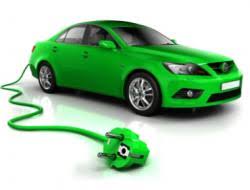
The Institute of the Motor Industry (IMI), which has been lobbying for the introduction of regulation for vehicle technicians working with electrically-propelled vehicles, believes it is vital that training and accreditation is extended to those dealing with the latest automotive technology at the roadside. Recent reports of a Tesla Model X, which caught fire after it had been recovered by emergency services[1], underline the need for industry-led accreditations and qualifications for roadside technicians and emergency services personnel working on EV and hybrid vehicles.
The IMI’s recommendations to implement a Licence to Practise for those working on electric and hybrid vehicles now form part of the government’s ‘Road to Zero’ strategy. And the IMI is urging roadside and emergency services to ensure their workforces are equally well prepared.
Steve Nash, Chief Executive at the IMI, said:
“In the most recent case, a Tesla battery caught fire again, even after fire services had put the initial blaze out and the vehicle was in storage. As motoring technology advances, it is vital that any professional coming into contact with these vehicles has the best possible training.
“Of course, there are risks when dealing with petrol and diesel fueled vehicles – electric vehicles aren’t inherently more dangerous. But the reality is that technicians and emergency services have had a lot longer to understand the risks of petrol and diesel fueled vehicles. These professionals are currently operating in an unregulated space and we firmly believe that our proposed Licence to Practise, supported by accreditation schemes, will deliver a higher level of competency, skill and safety for technicians and motorists alike.
“As we advance towards a zero emission future, the technology that roadside technicians and emergency services will be coming into contact with on a daily basis will change – with high voltage electrics becoming commonplace. But those who aren’t properly trained or equipped will be at risk from serious injury or potentially fatal shock. And it’s important to remember that emergency services don’t make a choice about what vehicles they deal with.
“We have lobbied the government to act now to ensure that a regulatory standard or license to practice is introduced for anybody likely to deal with these vehicles. We have put forward detailed proposals for such a regulatory standard and how it can be administered and enforced.”
[1] https://www.mercurynews.com/2018/05/10/tesla-battery-reignited-days-after-fiery-crash-in-mountain-view/











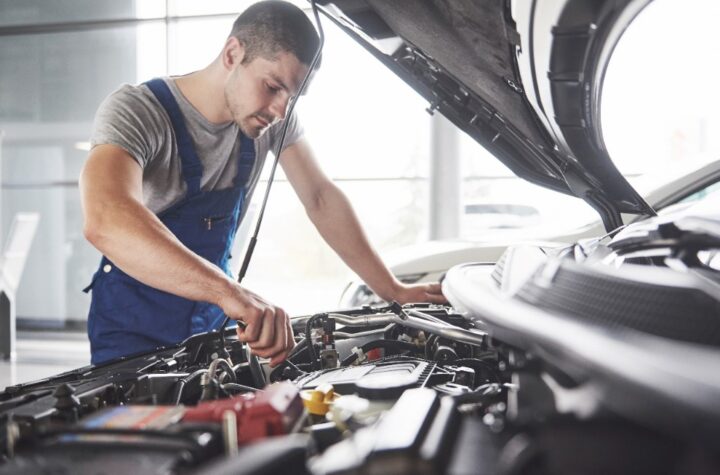
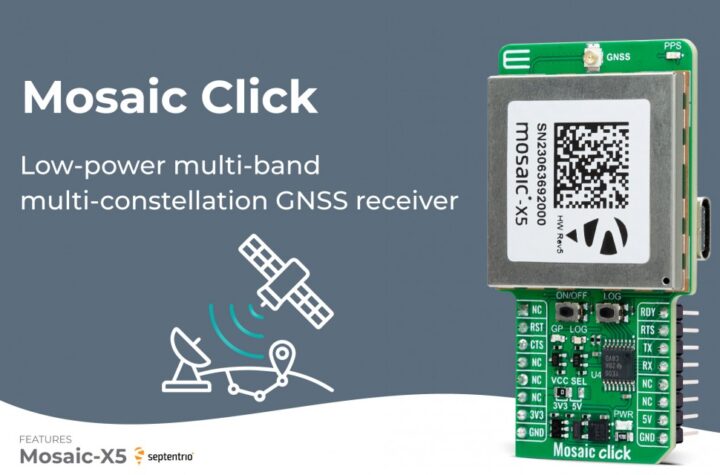
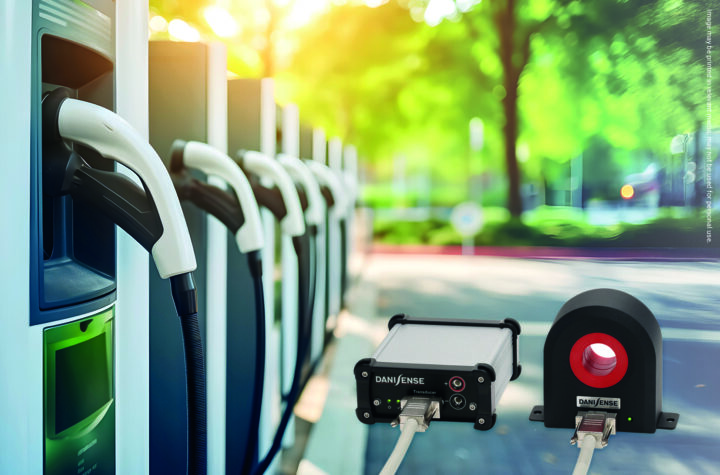
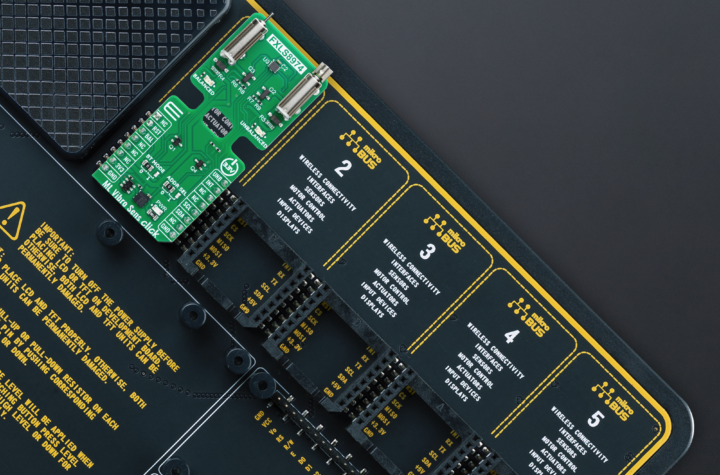
More Stories
How Diesel Pickups Are Outperforming Gas Trucks on Tough Jobs
Essential Steps To Help Your Vehicle Retain Value
Meet Rita Case – recipient of 2024 NAMAD Lifetime Achievement Award